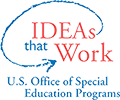Knowledge Development Tool: Culturally Responsive Teaching
According to Michael J. Orosco (University of California, Riverside), preparing educators with the knowledge and skills needed to use culturally responsive teaching and practices is increasingly important. Michael noted that recent statistics suggest that the nation’s 100 largest urban school districts have student enrollments that are 50% or more culturally and linguistically diverse (CLD), yet the teaching force remains primarily White and middle class. Michael’s experience as a public school teacher in Denver Public Schools thrust him into bilingual and multicultural education. He saw a lot of kids who were CLD being referred for special education. “That’s how I got involved,” he said. Michael’s research, which focuses on bilingual special education, recently moved toward brain research and development. He has discovered that ecological development—what a child brings from home and the community—is important to understand while selecting and implementing evidence-based practices (EBPs). Michael and Terese C. Aceves co-authored the CEEDAR Center’s innovation configuration (IC) on culturally responsive teaching, which is available for download here. This IC identifies emerging practices for teacher educators to include in their programs.
Michael believes that gaps present opportunities to research the connection between EBPs and culturally responsive teaching. He added that the CEEDAR Center’s technical assistance (TA) presents a great opportunity to develop and disseminate resources that can be used to prepare and “show teachers how to take the knowledge of students’ cultural and linguistic backgrounds and connect it with their (evidence-based) practices to make the students better thinkers.” As we work to improve outcomes for students with disabilities and those who are CLD, we should consider the following: There is a small body of research on culturally responsive practices that shows positive outcomes for students. Collaboration and interdisciplinary research and training are greatly needed. It is a priority for policy, preparation, and practice to include improved outcomes for CLD learners. If you would like to review the IC and enhance your preparation course work or professional development, please click here. If you are interested in viewing Terese C. Aceves’ presentation on this topic at the Council for Exceptional Children’s Annual Convention and Expo, please click here.



